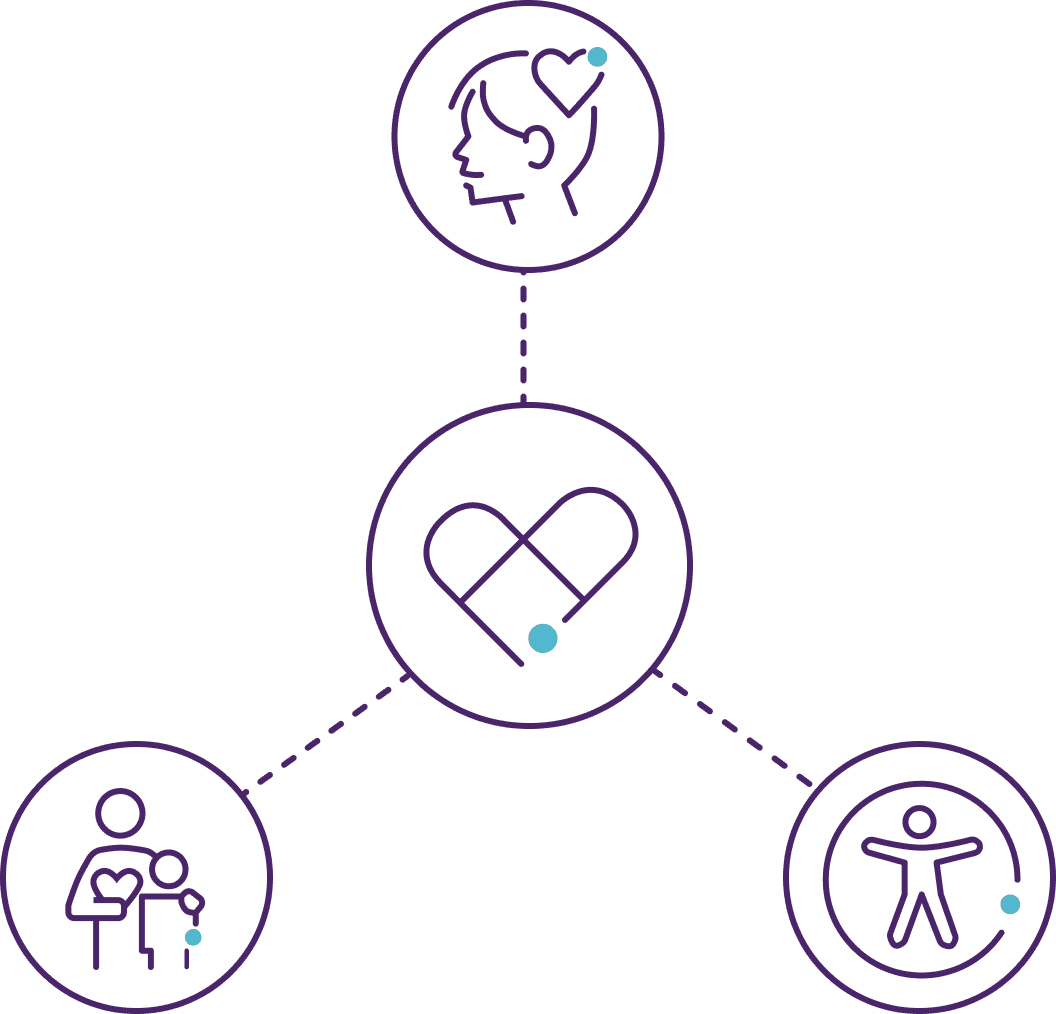Introducing Minimum Operational Data Standards
Consistency is Key: What Are Minimum Operational Data Standards and Why Are They Important:
A 2019 study conducted by the Professional Records Standards Body (PRSB) found that there were limited data standards across the adult social care sector throughout England, resulting in a significant burden being placed on the NHS.
One way to reduce this burden is by introducing standardised terminology and information standards across the social care space.
By standardising the information standards across the social care industry, everybody who is involved in the provision of care will start speaking the same language. This can potentially lead to several benefits for care providers such as:
- Improved provision of personalised care, tailored to the individual service users,
- Increased safety for both the provider and the service user.
- More effective development and launch of care packages.
- Increased and easier collaboration between providers, the NHS, and the wider community.
- Potential nationwide anonymised data collection and sharing initiatives for the social care sector.
- Reductions to the administrative burden on care providers, freeing them up to do what they do best, provide excellent care!
A good care plan must be personally tailored to the service user, however, as there previously was no standard definition of data within adult social care, the data in individual care plans differs greatly in terms of what data is collected, and how it is collected between organisations/providers.
As people receive more of their health and social care from a range of professionals working within the community and care becomes more integrated, there has been an increased requirement for individuals’ health and care records to be interlinked.
As a result, the Digitising Social Care (DiSC) programme has developed a new set of standard data and definitions, known as Minimum Operational Data Standards (MODS), for care providers to enable them to consistently capture and label data in the same format throughout England.
The MODS have been designed to ensure that information can be easily shared between IT systems, so individual’s care information is available whenever and wherever it is needed.
There are currently 14 data and interoperability standards for digital care records which were developed for care providers who are registered with the Care Quality Commission (CQC), and are designed to enable providers instant access to all the data they need to plan and deliver the highest possible standard of personalised care.
These standards are continuously evolving and are regularly reviewed and updated to reflect the latest developments and care best practices, with “Assured Suppliers” required to comply with these standards to retain their “Assured Supplier” status. At OneTouch we are proud to be one of the Assured Suppliers for the Social Care sector and we welcome the standardisation and interoperability of digital care records in the industry.
Want to find out more about the DiSC Minimum Operational Data Standard? Check out the Digitising Social Care website for more information.

